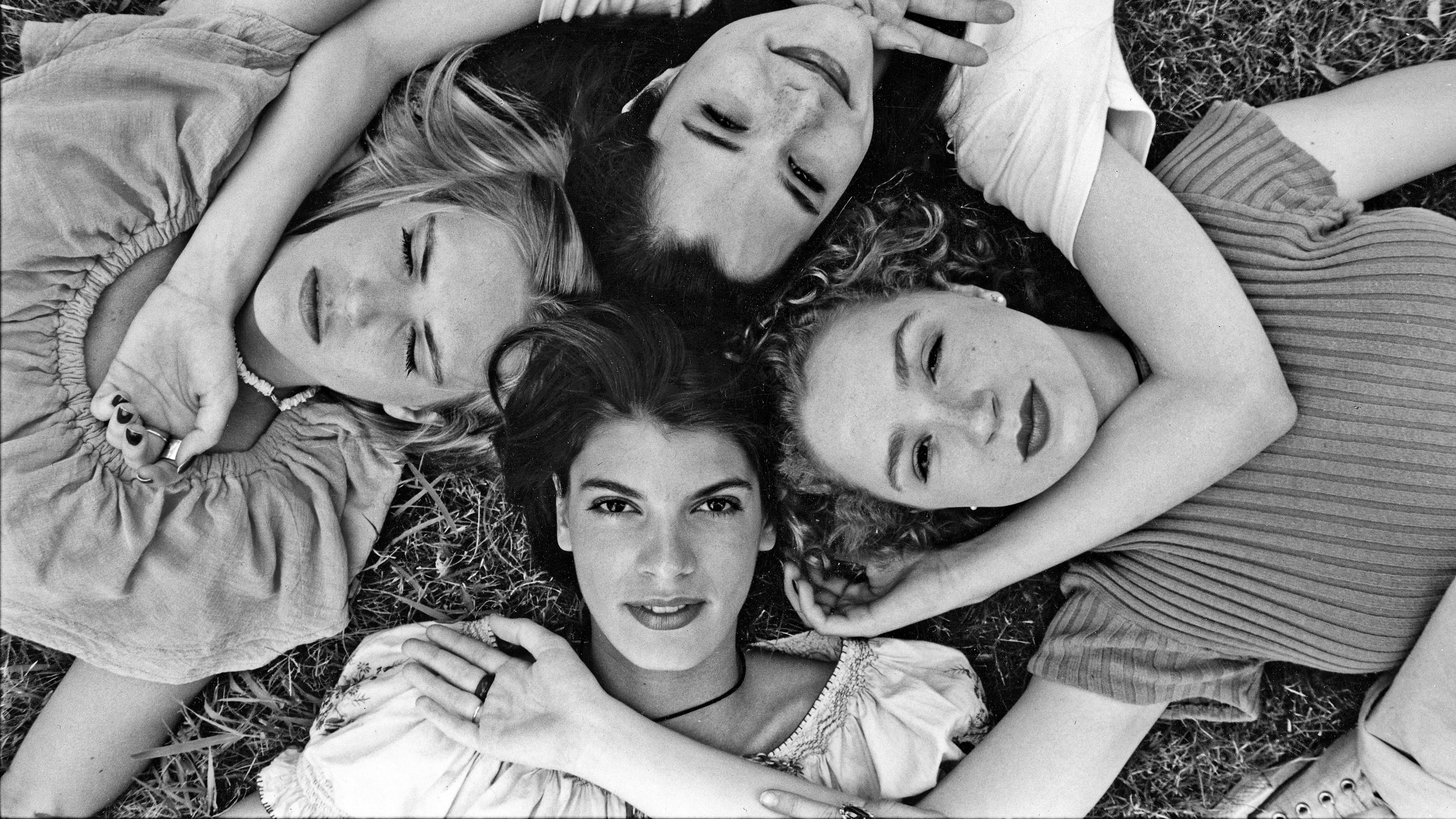Melissa Maerz didn't set out to pen a nostalgic book about the 1993 film Dazed and Confused any more than director Richard Linklater tried to warmly memorialize 1976 in his last-day-of-school classic.
But the Portland author of Alright, Alright, Alright found that such decisions are mostly up to the beholders, or in Maerz's case, her interviewees.
Chronicling the perspectives of Linklater, Matthew McConaughey, Parker Posey, Ben Affleck and about 140 others, the oral history sometimes reads like reminiscences of high school—never mind that the movie was fictional—replete with druggy shenanigans, summer flings and unresolved conflicts from the Dazed set. Still, other chapters perform a different kind of snapshotting: parsing early '90s studio politics in an era when regional iconoclasts like Linklater still had defined pathways to directorial stardom.
Maerz—a Portland native who co-founded Vulture and worked as a producer at Vice News Tonight—spoke with WW about her sources' sometimes contradictory memories, the inscrutability of Parker Posey, and reckoning with the Wooderson character's creepiness in 2020.
WW: One of your book's central themes is that Dazed was intended as an anti-nostalgia film, but it became one anyway. How did that happen?
Melissa Maerz: That's actually what made me want to write the book. You can see it in the movie, right? Cynthia's character literally says, "The '70s obviously suck." Now, I know so many people who've watched Dazed a billion times because of all those levels of nostalgia…because they're nostalgic for high school…because they're nostalgic for the '70s…and now because they're nostalgic for the '90s and watching it back then.
You tracked down several Huntsville, Texas, residents who partially inspired Linklater's characters. Did any of their real memories surprise you?
That was probably my favorite part to report. The most surprising thing was how specific to their high school experience this movie is. When I watched Dazed, the one thing I felt was kind of over the top was the hazing. I thought, "There's no way there's a high school where the teachers are allowing incoming seniors to hit the incoming freshmen with wooden paddles." But it literally happened at Linklater's school! Those people still have really traumatic memories of going through hazing.
In your introduction, Ethan Hawke calls Linklater a "mysterious entity." Even after all your interviews, do you still find him a little mysterious?
Definitely. He seems like a pretty transparent person in terms of how honest his answers are, but he has a really good bullshit detector. I think anytime someone is trying to paint him as a certain type of character, he has this knee-jerk reaction against it. You see that in his characters too. In an '80s high school movie, you'd see, "Oh that's the nerd character, that's the jock." Dazed was the first time I remember seeing "Oh, the nerds are also the smart political kids, and the jocks are also the stoners." Linklater himself is very against anyone painting him as a saint or this Zen guy.
Do you have a favorite exchange between your oral history sources?
I just love any moment where there are like 5 million people disagreeing. That's part of nostalgia too. Someone's like, "Oh, the biggest pot smoker was Rory [Cochrane]." And Rory's like, "No way, I was just acting. The biggest pot smoker was Shawn [Andrews]!" Or Ben Affleck saying he never intentionally hurt anybody in doing the paddling scenes, when some of the kids remember getting hurt. It's just interesting to see how people's perspectives end up being totally different accounts of the truth.
Was there anyone whose tone doesn't fully come through in their quotes?
Parker Posey. Sometimes I couldn't tell if she was being sarcastic or funny or cutting. But I think that's really true to how some other people on set experienced her too. Some people thought she was really sweet and funny, and other people felt she was kind of mean.
Were the actors eager to talk about how the film's politics had aged, or did you have to make that a priority?
The one thing everyone is kind of "ugh" about is McConaughey's famous line [about high school girls], "I get older, they stay the same age." I asked everybody if they thought today that line would be different. When I saw this movie in high school, there were a lot of scenes that pissed me off that people were laughing at. And now that I'm older, I think, "That's not supposed to be funny." One of the things that's allowed this movie to age is that Linklater doesn't moralize. He just let the movie be as teenage life really was, and let people judge for themselves how to interpret it.
READ: cby Melissa Maerz, Harper, 464 pages, $26.99.

